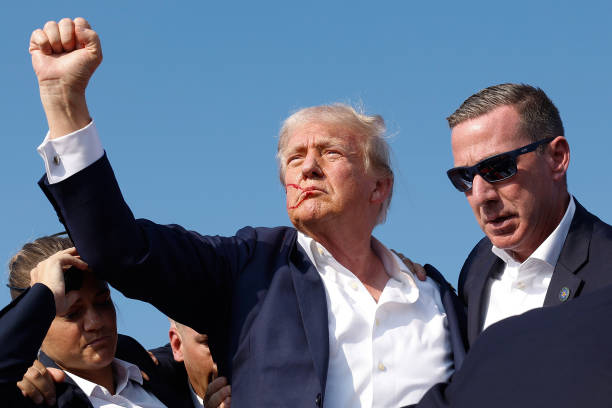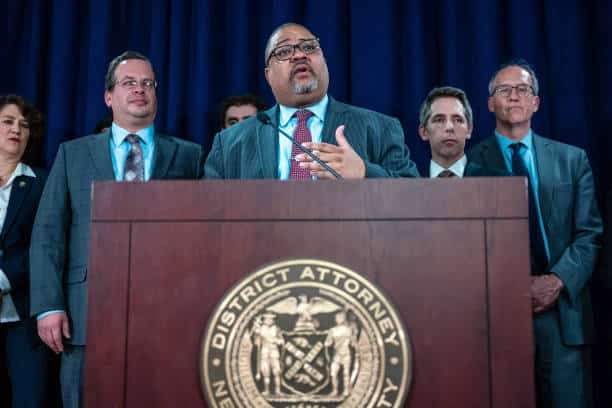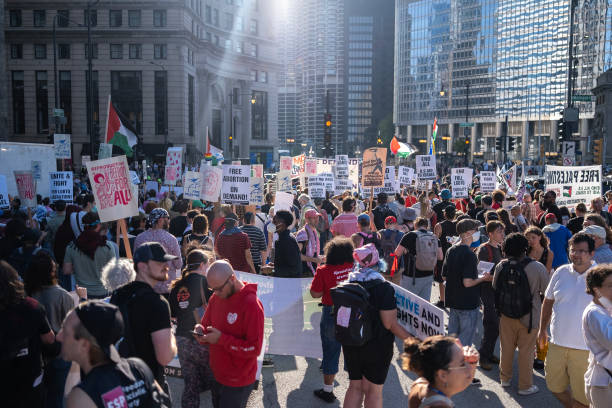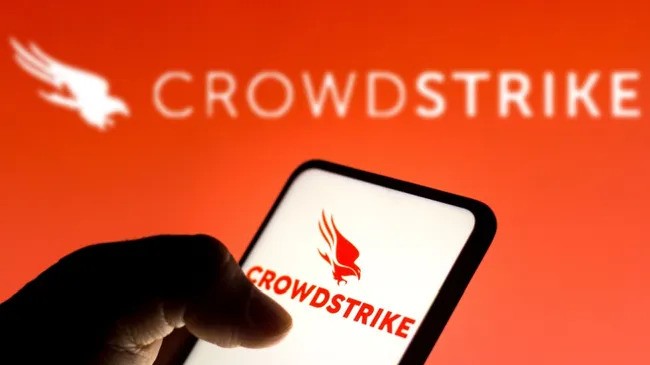Manhattan District Attorney Alvin Bragg submitted a brief on Thursday addressing former President Donald Trump attempt to overturn his 34 felony convictions.
In late May, Donald Trump was convicted on 34 counts of falsifying business records, linked to hush money payments made to adult film actress Stormy Daniels before the 2016 presidential election. Daniels claims she had a sexual encounter with Trump in 2006, which Trump denies. The former president Donald Trump has consistently asserted his innocence, alleging the case is politically motivated.


Following a pivotal U.S. Supreme Court ruling on July 1, which clarified that former presidents are immune for official acts conducted while in office but not for unofficial acts, Trump’s legal team sought to dismiss the indictment and nullify the jury’s verdicts in the hush-money case. In a July 10 filing, Trump’s lawyers argued that the prosecution relied on evidence and testimony that the Supreme Court’s ruling deemed inadmissible. They wrote: “Because of the implications for the institution of the Presidency, the use of official-acts evidence was a structural error under the federal Constitution that tainted [Bragg’s] grand jury proceedings as well as the trial.”
Bragg, in his brief, requested the court deny Donald Trump’s motion, arguing that the criminal charges pertain to Trump’s unofficial actions, which are not protected by immunity.
He further contended that while the Supreme Court’s decision restricts the use of certain evidence related to a president’s official actions, it does not apply to Trump’s case involving hush money payments.
Bragg noted that Trump “failed to preserve an objection on immunity grounds to most of the evidence” now being contested. He also emphasized that all the evidence Trump disputes either pertained entirely to unofficial conduct or involved official conduct where any presumption of immunity has been rebutted.
Moreover, Bragg argued that even if all the contested evidence were excluded, “there would still be no basis for overturning the verdict because of the overwhelming evidence of the defendant’s guilt.” He highlighted that the disputed evidence constituted “only a sliver of the mountains of testimony and documentary proof that the jury considered in finding him guilty of all 34 felony charges beyond a reasonable doubt.”
Newsweek reached out to Trump’s attorney and Bragg’s office for comment on Thursday afternoon.
CNN legal analyst Norm Eisen, who served as special counsel to the House Judiciary Committee during Trump’s first impeachment, described Bragg’s brief as “devastating” for Trump on X, formerly known as Twitter, on Thursday afternoon.
Eisen had previously argued on X that Trump’s efforts to overturn his convictions “won’t work,” noting that Trump’s lawyers had already unsuccessfully attempted to use the presidential immunity argument during pre-trial proceedings.


